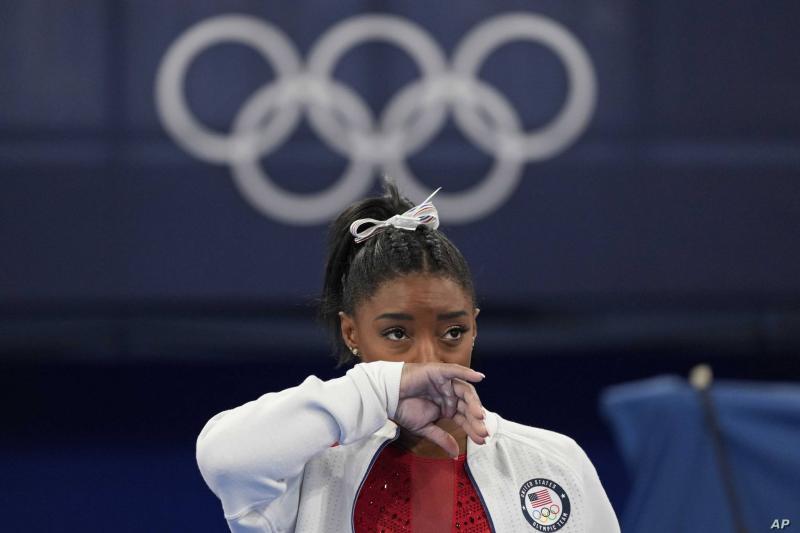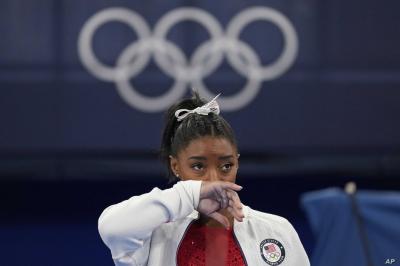Under the title "Breastfeeding and Freedom of Dress: Essential Human Messages at the Tokyo Olympics," Alhurra website highlighted that with nearly 49% of the competitors at the Tokyo Olympics being women, a record number in the history of the Olympic Games, this edition showcases a different women's culture. Starting with the shock of American gymnast Simone Biles, the most accomplished gymnast in history, withdrawing to focus on her mental health, to the German women's gymnastics team changing their customary attire to combat any sexualization of their sport. Additionally, breastfeeding mothers competing in this year's Games publicly condemned the policy that prevented them from bringing their children to Tokyo, forcing organizers to retract their stance.
The current Olympic Games are taking place in the post-#MeToo era, and they are the first Summer Games since the conviction of former U.S. gymnastics team doctor Larry Nassar for sexually assaulting hundreds of athletes. This year, female athletes, with record participation rates, have begun to express themselves more boldly against the culture of silence that they no longer see as a price for competing, according to USA Today.
"My mental health is more important than gymnastics," said Simone Biles, who prioritized her well-being over the eager audience expecting her performance, withdrawing from the second event at the Tokyo Olympics and confirming her withdrawal from the final to focus on her mental safety. Less than 24 hours after her shocking decision to withdraw from the team event, U.S. Gymnastics announced that Biles would not compete in the final on Thursday. The organization expressed full support for Biles's decision, praising her bravery in prioritizing her safety.
Biles spoke candidly about the immense pressure she faces, saying: "I know I wanted these Olympics to be for myself, but there are more important things in life than gymnastics." She added, "I came and felt like I was still doing it for other people, and it hurts that doing what I love has been taken away from me to please others," emphasizing that "we also need to focus on ourselves because, in the end, we are human too. We need to protect our minds and our bodies instead of just doing what the world wants us to do."
Aly Raisman, who has won three Olympic gold medals and is a former teammate of Biles, mentioned in a local interview that Biles had been under immense pressure for months leading up to Tokyo due to high expectations, pointing out, "The pressure is huge for anyone to bear; she's human." Raisman, who retired last year, questioned the kind of mental support available to Biles and other American athletes, stating, "When I was training, there weren't resources available for us to talk about our mental health or even ways to understand it." She continued, "We need to ask organizations like U.S. Gymnastics and the U.S. Olympic Committee: What are you doing to support your athletes, and how can we prevent athletes from feeling like they are struggling to the extent they can't complete the competition?"
Japan's Naomi Osaka, who lit the cauldron at the opening ceremony and dreamed of Olympic glory on her home soil, also faced a setback on Tuesday, exiting in the third round of the tennis competition and admitting that "the pressure was undoubtedly great." Earlier this year, Osaka revealed her struggles with depression and anxiety that kept her away from the courts for a period.
In a message against sexualization, the German women's gymnastics team wore full-body suits at the Tokyo Olympics to combat any sexual aspect of their sport, marking a departure from decades of wearing attires that fully exposed their legs.




